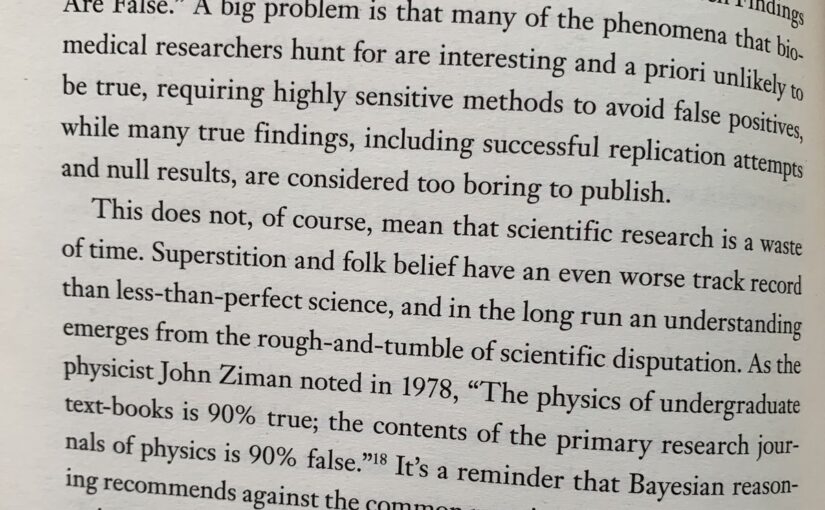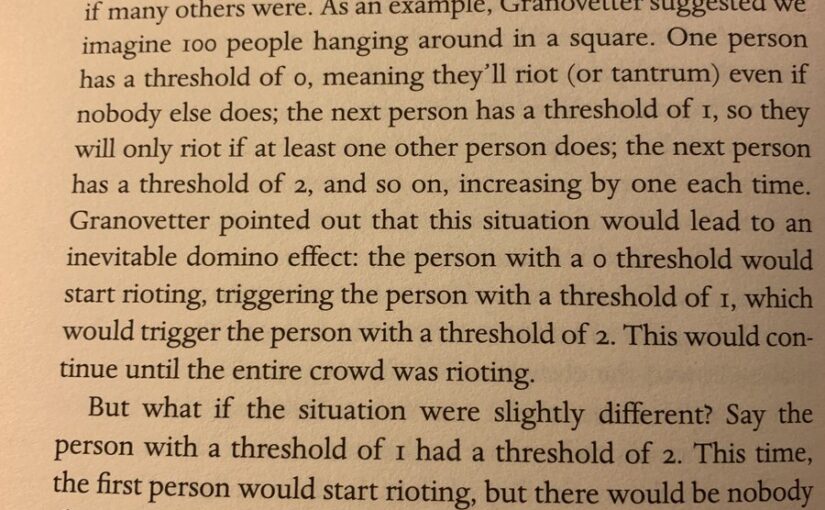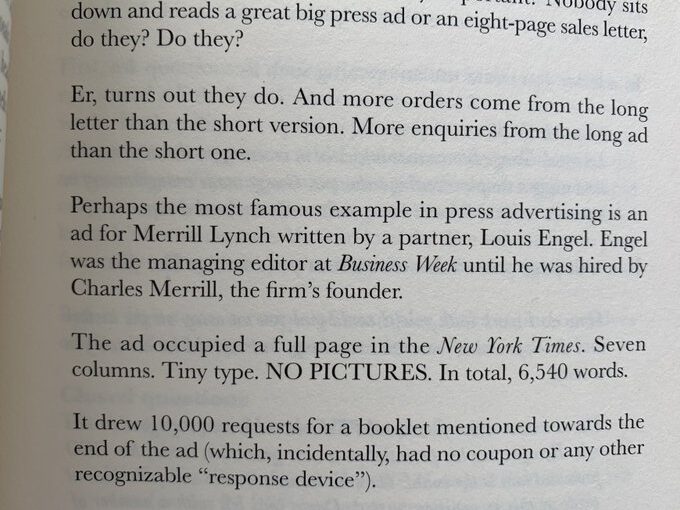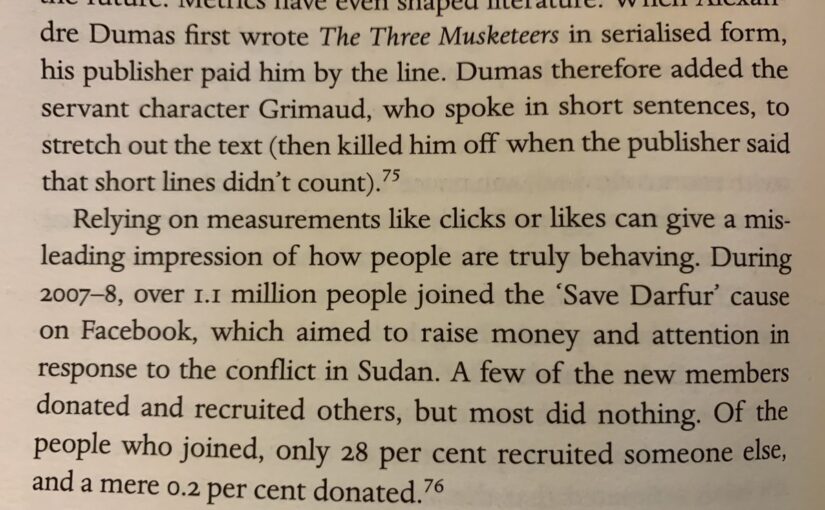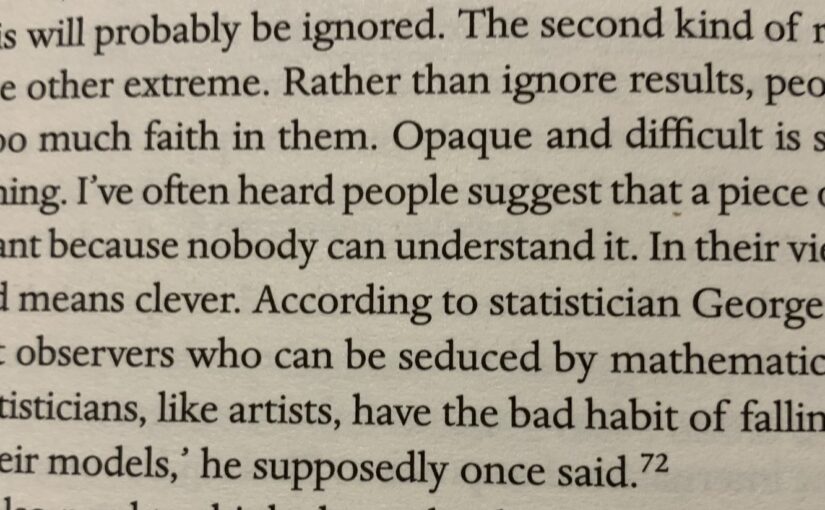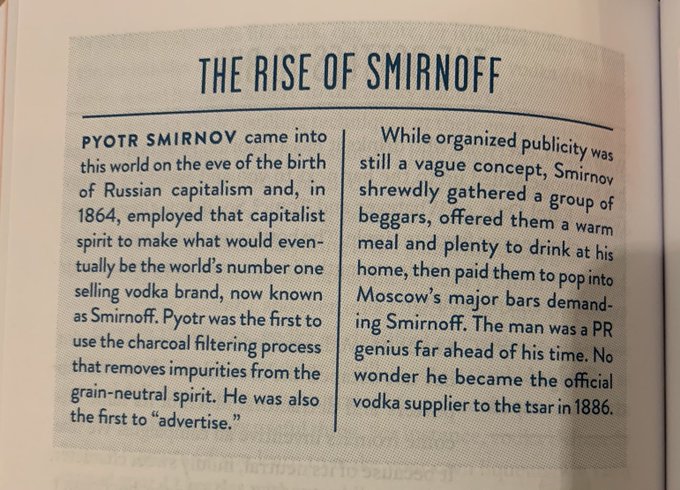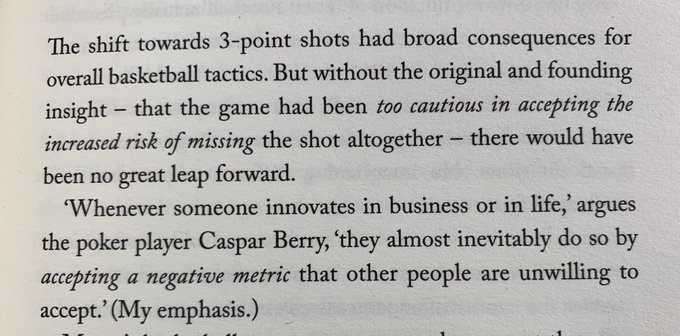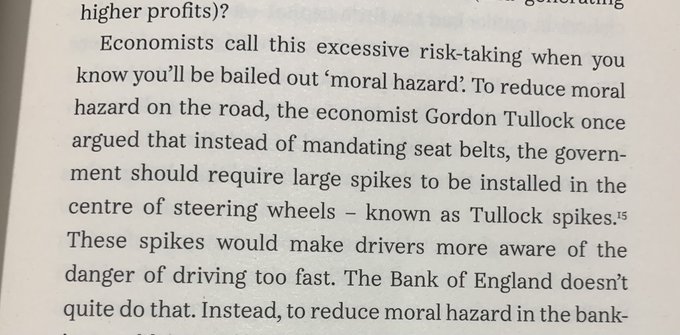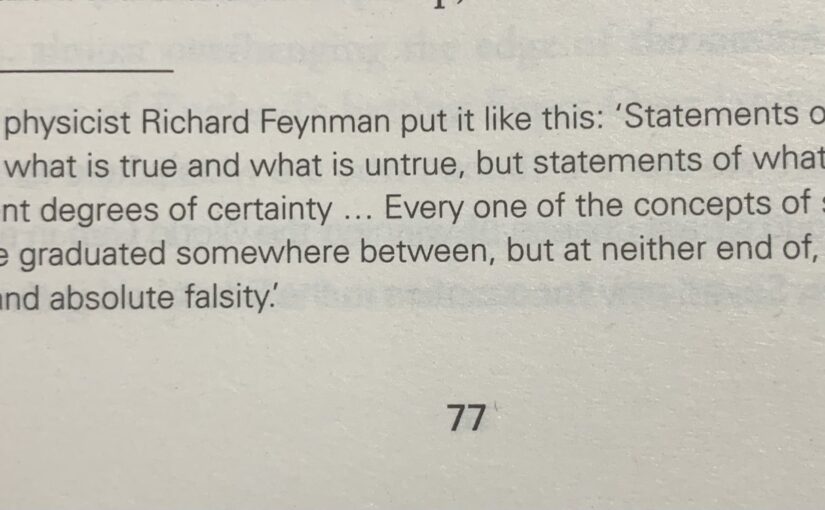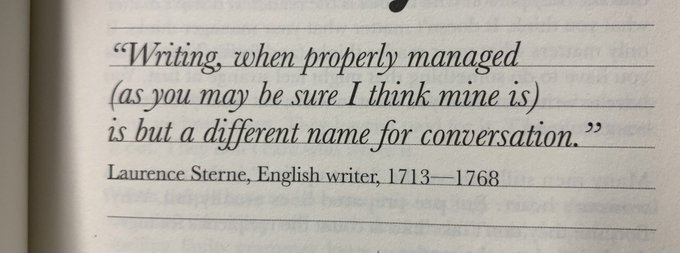The obsession with easily quantified date crowds out the need for discretion and judgement.
Two examples illustrate the resulting issues. First is the experience of Terry Leahy who, when he was head of marketing at Tesco, analysed the performance of their gluten-free products. The sales data hinted it was an under-performing section – those that bought gluten-free goods only spent a few pounds on these items each shopping trip. A naive interpretation suggested de-listing them to free up valuable shelf space.
However, sceptical of the number, Leahy interviewed gluten-free shoppers and discovered that their choice of supermarket was determined by the availability of those products. They didn’t want to make multiple shopping trips, so the visited whoever had the specialist goods. After all, every shop had milk and eggs but only sone stocked gluten-free goods. Leahy used this insight to launch Tesco’s hugely successful “Free From” range long before the competition.
Excerpt from: The Choice Factory: 25 behavioural biases that influence what we buy by Richard Shotton




















